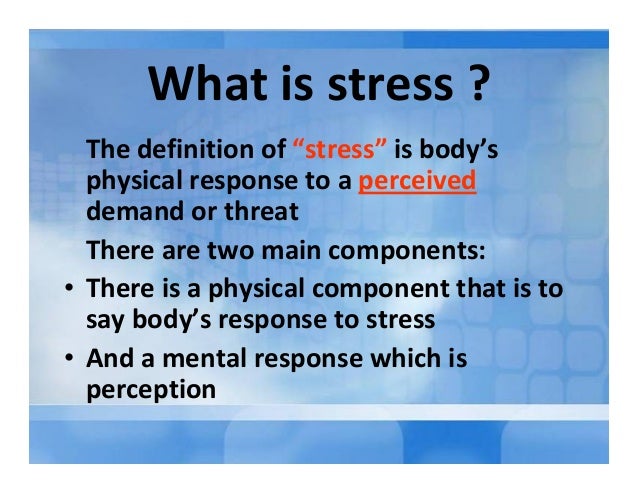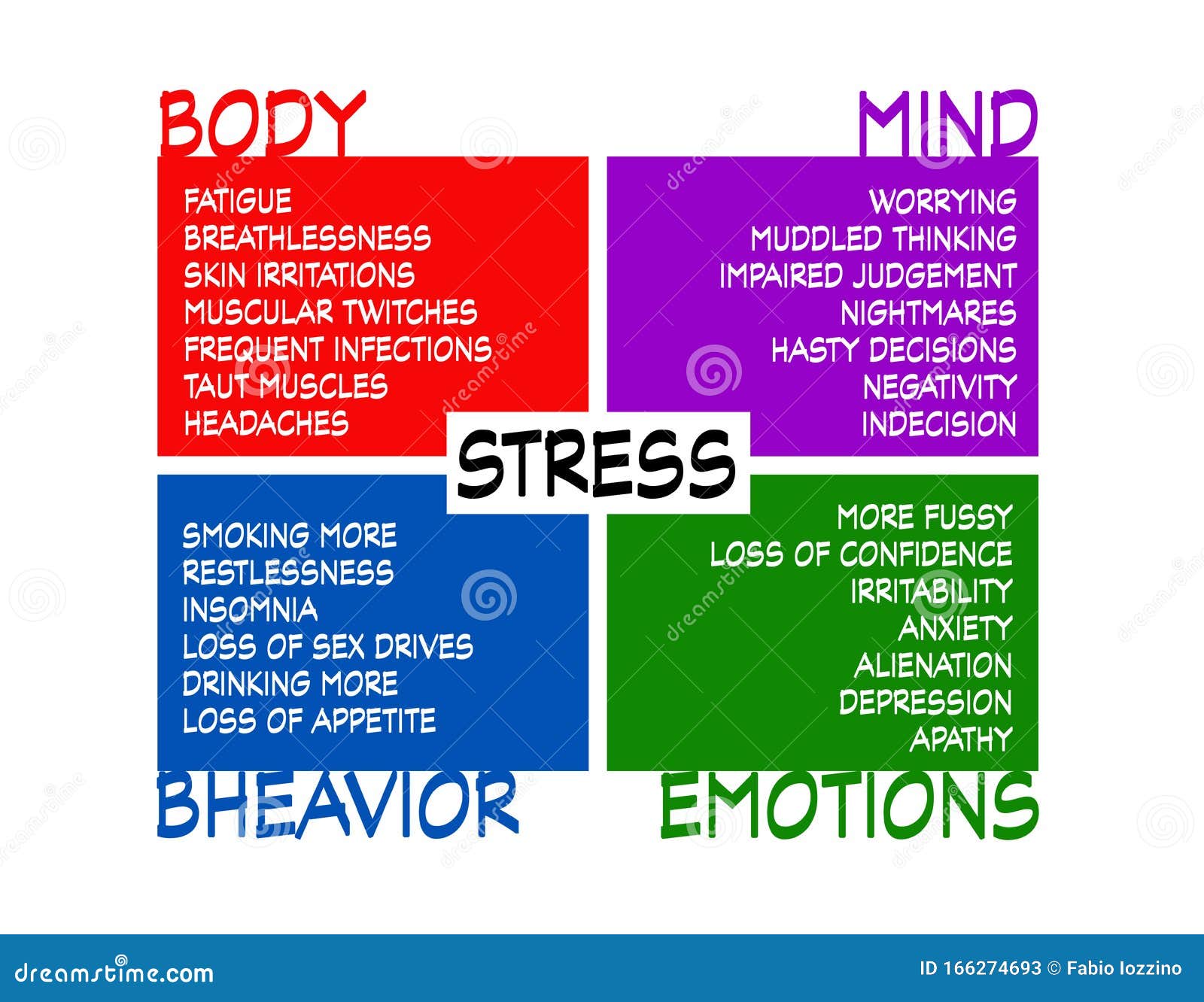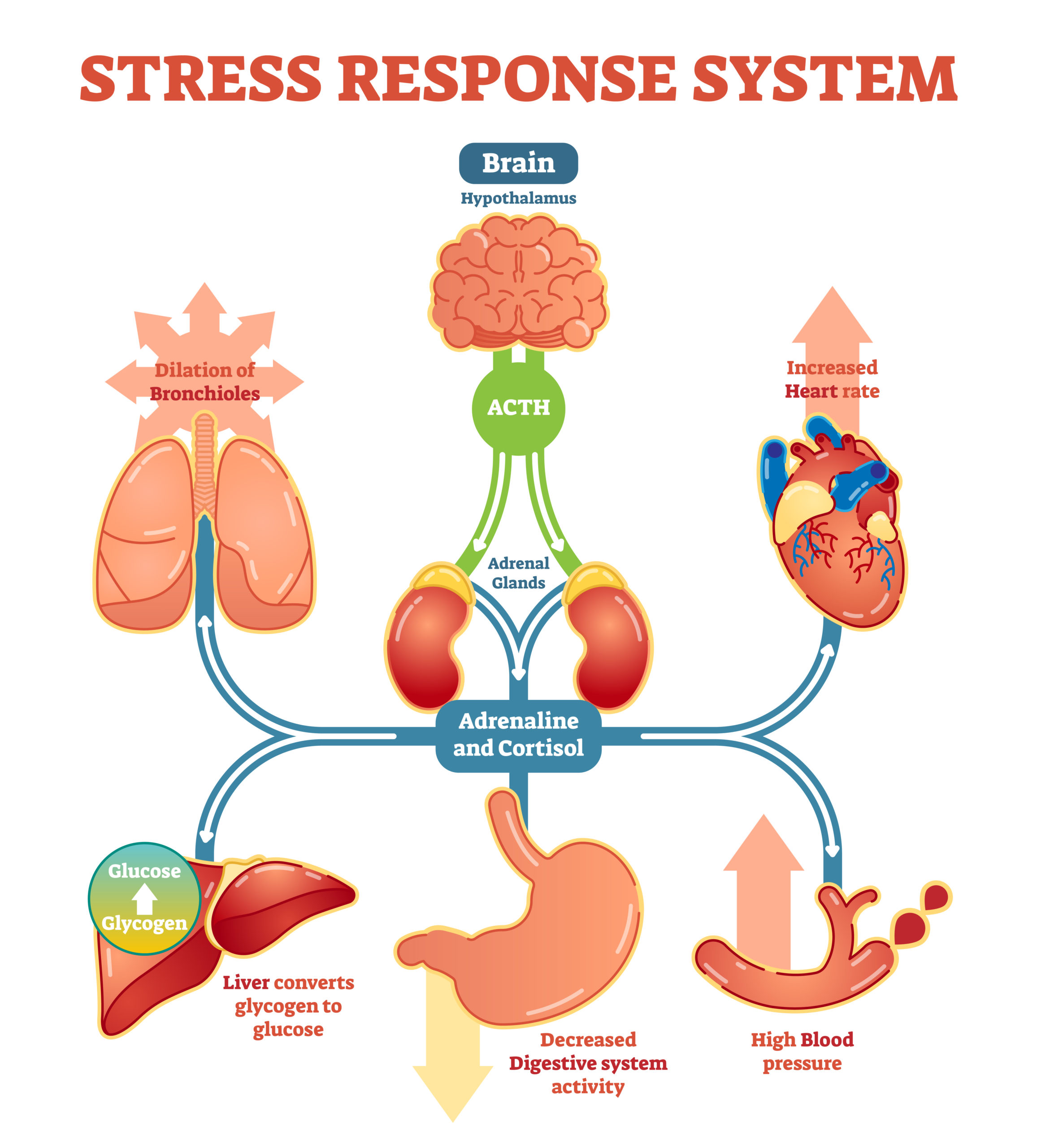Stress Psychology Presentation
| Introduction to Stress Psychology | ||
|---|---|---|
| Stress psychology is the study of how stress affects the mind and body. It examines the psychological and physiological responses to stress. Stress psychology helps understand strategies for managing and coping with stress. | ||
| 1 | ||
| Definition of Stress | ||
|---|---|---|
| Stress is a natural response to a perceived threat or demand. It can be caused by both positive and negative events. Stress can have both short-term and long-term effects on health and well-being. | ||
| 2 | ||
| Types of Stress | ||
|---|---|---|
| Acute stress occurs in response to immediate threats or challenges. Chronic stress is long-term stress that persists over an extended period. Traumatic stress results from experiencing or witnessing a traumatic event. | ||
| 3 | ||
| Effects of Stress on the Body | ||
|---|---|---|
| Stress can lead to physical symptoms such as headaches, muscle tension, and digestive issues. Chronic stress can weaken the immune system and increase the risk of illnesses. Prolonged stress can contribute to the development of chronic conditions like hypertension and heart disease. | ||
| 4 | ||
| Effects of Stress on the Mind | ||
|---|---|---|
| Stress can impact cognitive function, leading to difficulties with concentration and memory. It can increase the risk of mental health disorders such as anxiety and depression. Chronic stress can impair decision-making abilities and overall mental well-being. | ||
| 5 | ||
| The Stress Response | ||
|---|---|---|
| The stress response is a sequence of physiological reactions triggered by stress. It involves the release of stress hormones like cortisol and adrenaline. The stress response prepares the body for fight-or-flight reactions. | ||
| 6 | ||
| Coping Mechanisms | ||
|---|---|---|
| Healthy coping mechanisms include exercise, relaxation techniques, and social support. Unhealthy coping mechanisms include substance abuse and avoidance behaviors. Learning effective coping strategies can help manage and reduce stress levels. | ||
| 7 | ||
| Stress Management Techniques | ||
|---|---|---|
| Mindfulness and meditation practices can promote relaxation and reduce stress. Time management and prioritization can help prevent stress from building up. Seeking professional help, such as therapy or counseling, can provide additional support. | ||
| 8 | ||
| Resilience and Stress | ||
|---|---|---|
| Resilience refers to an individual's ability to bounce back from stress and adversity. Building resilience can help individuals better cope with stressors. Resilience can be developed through self-care, positive thinking, and maintaining social connections. | ||
| 9 | ||
| Conclusion | ||
|---|---|---|
| Stress psychology explores the impact of stress on the mind and body. Understanding stress and its effects can help individuals develop effective coping strategies. By managing stress effectively, individuals can improve their overall well-being and quality of life. | ||
| 10 | ||






:max_bytes(150000):strip_icc()/forty-healthy-coping-skills-4586742_v61-4e1f6f67b5a14bf1abd0e3a472a069d2.png)

